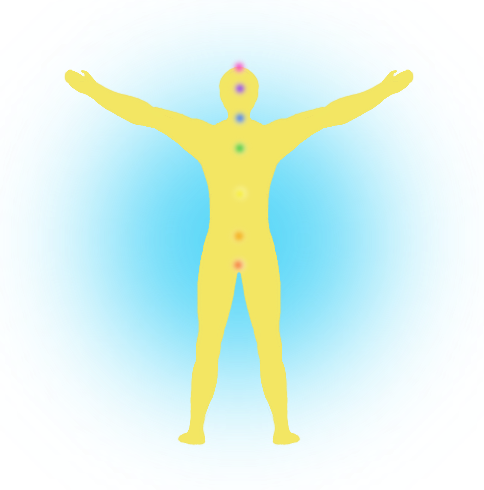I have often wondered why our emotional brains process information by creating dualities: good and evil, love and hate, life and death, fear and courage, faith and doubt, hope and despair, action and inaction.
We do so because it is easier for our emotional and lazy mind to create a dichotomy, rather than understanding our universe as a whole– while holding these aspects as just parts.
In various religious traditions, there is an understanding that behind the apparent dualities of existence lies a deeper unity or interconnectedness. This unity might be expressed in diverse ways: as the oneness of God, the interconnectedness of all living beings, or the underlying unity of the cosmos.
- Buddhism:
- “Form is emptiness, emptiness is form. Emptiness is not separate from form; form is not separate from emptiness.” – Heart Sutra
- Hinduism:
- “The wise see the same Self in all beings, and all beings in the same Self.” – Bhagavad Gita
- Taoism:
- “The Tao that can be told is not the eternal Tao; The name that can be named is not the eternal name.” – Tao Te Ching
- Christianity:
- “I am the vine; you are the branches. If you remain in me and I in you, you will bear much fruit; apart from me you can do nothing.” – John 15:5 (NIV)5
- Judaism:
- In the words of the Talmud: “The Holy One, blessed be He, said to Israel: You have made Me one in the world, so will I make you one in the world.”
- Sufi Islam:
- “Out beyond ideas of wrongdoing and right doing, there is a field. I’ll meet you there.” – Rumi
These quotes from various religious texts illustrate the concept of oneness within the context of duality, emphasizing unity, interconnectedness, and the transcendence of apparent distinctions.
